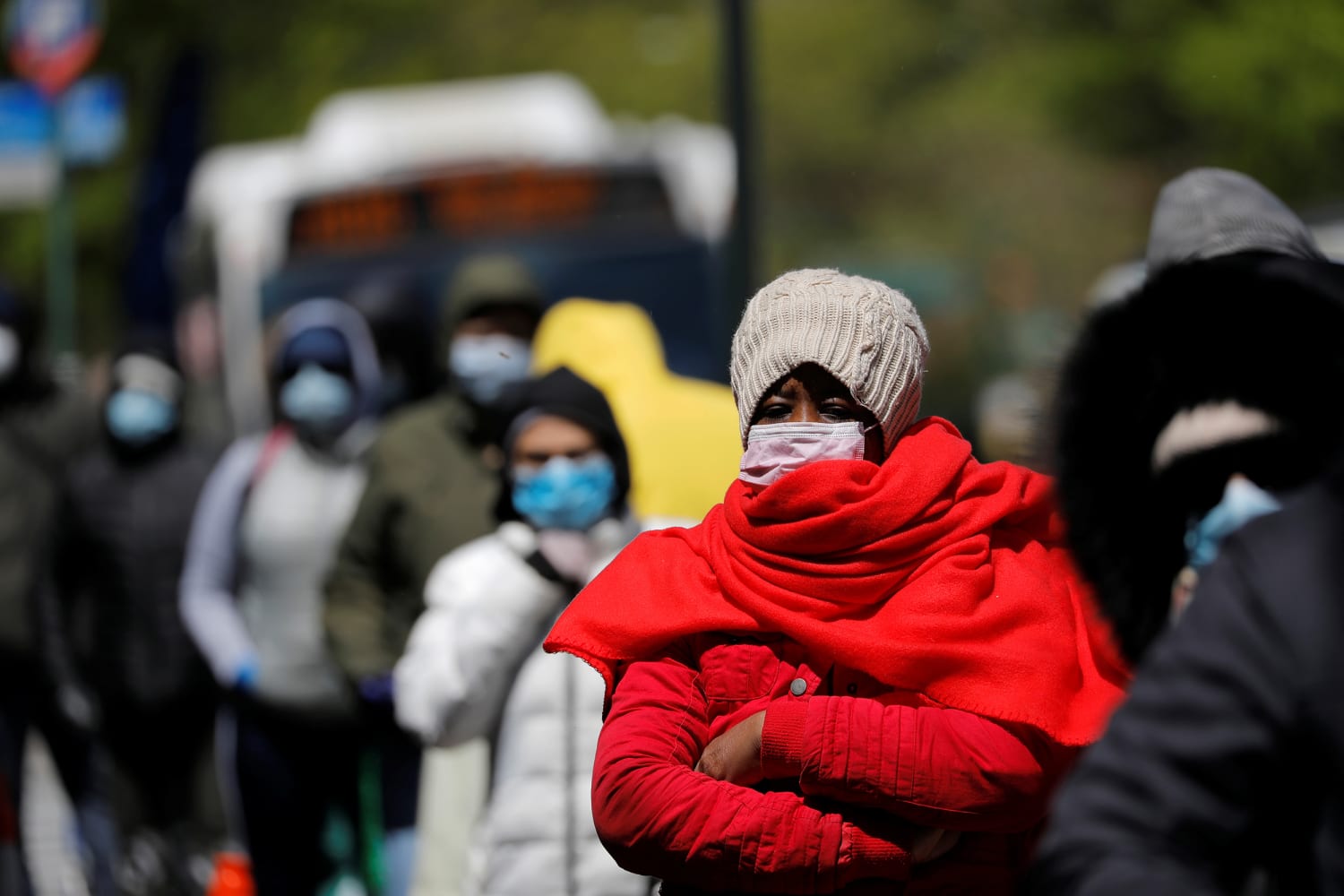Americans around the country are suffering because of Covid-19. But it is our nation’s most vulnerable who have been the hardest hit by the economic effects of the pandemic: low-income families with children. Many have lost jobs, while those who are still employed have often lost hours and tips. Hunger among families with young children, which was already unconscionably high for the world’s richest nation before the pandemic, has more than doubled. While we know this pandemic won’t last forever, children can’t just wait to eat. Child poverty today means lost growth and development and lost opportunities to learn — it’s hard to study on an empty stomach, or while worried about being evicted.
Child poverty today means lost growth and development and lost opportunities to learn — it’s very hard to study on an empty stomach, or while worried about getting evicted.
The relief plan passed by Congress on Monday night will at least help start addressing this disaster — assuming President Donald Trump even signs it into law, which is now an open question. The bill includes substantial increases in nutrition assistance, including more help for families with the youngest kids and for low-income college students, two particularly vulnerable groups that had been missed by the CARES Act in March. It also extends the eviction moratorium and provides more rental assistance, which helps with hunger because, in struggling households, the rent eats first.
But the cash families will receive — $600 stimulus checks and $300 unemployment insurance supplements that are half the size of those provided by the CARES Act — is simply not enough. President-Elect Joe Biden has promised that this bill is merely a down payment. And there is now talk among House and Senate Democrats of amending the bill to make stimulus checks $2,000. Even if this last-minute change is passed in the House, however, it seems unlikely to pass in the GOP-led Senate.
And even if it did somehow pass the Senate, and Trump signed it into law, the extra $1,400 one-time payment would still not be enough.
We’ve been following a panel of hourly service workers with young children since 2019. Our ongoing research shows that even when help from the CARES Act peaked in early summer, half of these families were living on less than before the crisis began. As aid dried up this fall, that rose to nearly two-thirds.
Despite the claims of some politicians that generous unemployment benefits were keeping people unemployed, in our panel we’ve seen no rise in employment since supplements ended this summer. Instead, we’ve seen unemployed families simply struggle more, with a majority now trying to scrape by on less than half their former income. And the money in this new bill will not even restore them to the desperate straits of June.
Worse, this bill adds new hoops to qualifying for unemployment insurance. Many laid-off low-income workers have difficulty securing documentation of earnings from gig work, tips and the like. At the same time, state benefits offices, overloaded by the unparalleled number and types of new claims, have struggled to process even the simplest paperwork — many workers in our study waited months to receive their assistance, and some are still waiting.
Similar bureaucratic hurdles have kept many of our families from accessing nutrition programs, Medicaid and more. While the CARES Act recognized this, at least for unemployment insurance, and reduced paperwork requirements, the new bill reinstates them, likely increasing the share of people who cannot qualify, and further jamming up the system, so that even those with their papers in order may not be able to successfully submit.
And the relief in this bill is short-lived. Stimulus payments are one-time (despite the fact that many other countries have committed to monthly stimulus payments to all for the duration of the pandemic). The eviction moratorium ends in February, unemployment supplements in March, nutrition benefits in June. Yet, with current projections that 60 million to 100 million adults will still not have access to a vaccine by the end of June, families will need help for long after the start of summer. And given that 1 in 6 children were food insecure and that 3 in 10 lived in rent-burdened households prior to the pandemic, policies like expanded nutrition and rent assistance will continue to be needed even when the pandemic finally ends.
If we want to really help low-income families weather this pandemic, the next relief installment will need to include higher, longer-lasting benefits.
If we want to really help low-income families weather this pandemic, the next relief installment will need to include higher, longer-lasting benefits. It will need to waive onerous documentation requirements and fund state benefit offices so that relief actually makes it into the pockets of every eligible family. All of that will be needed just to get struggling families back to a baseline where children can learn, grow and thrive again.
Then, further installments will need to focus on repairing the damage that has been done to children and families in these months of deprivation, including worsening mental health and learning loss. The good news is that kids are resilient, meaning setbacks during the pandemic don’t have to become permanent disadvantages, if we invest in evidence-based remediation, including tutoring programs and trauma-informed education, and provide schools with the money they will need to get kids back on track.
But the longer we wait, doling out too-small stimulus at a snail’s pace, the more it will cost to fix the accruing harm to our children and families. And the greater the risk will be that we never fix it, and that instead we allow this pandemic to steal not just thousands of lives, but also millions of futures.
Source: | This article originally belongs to Nbcnews.com











